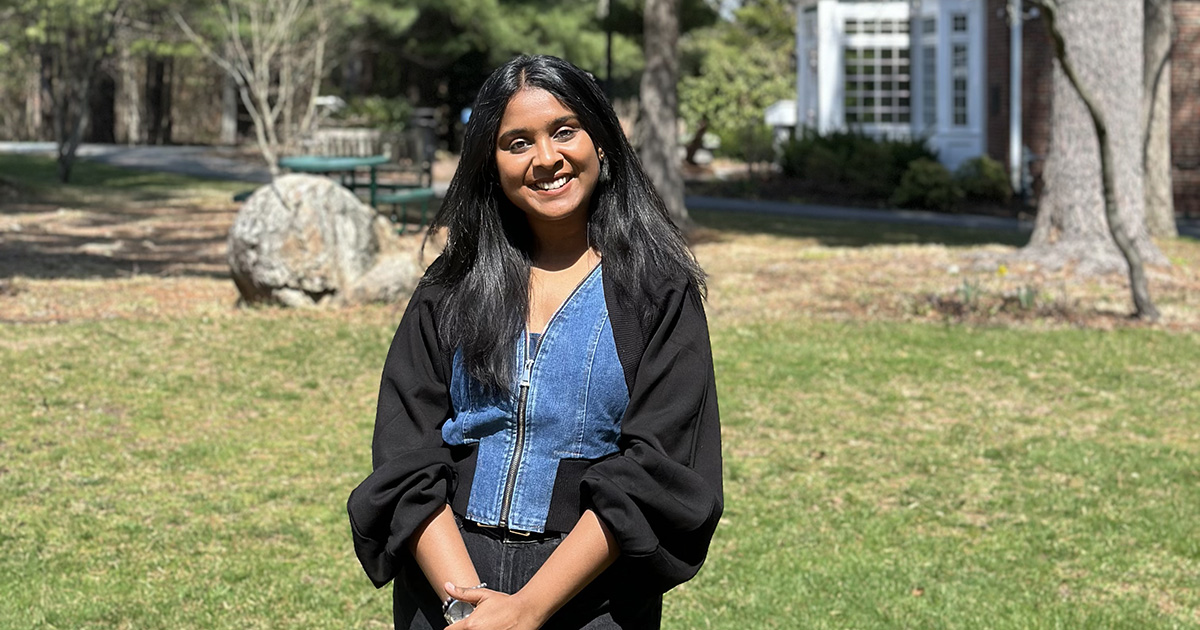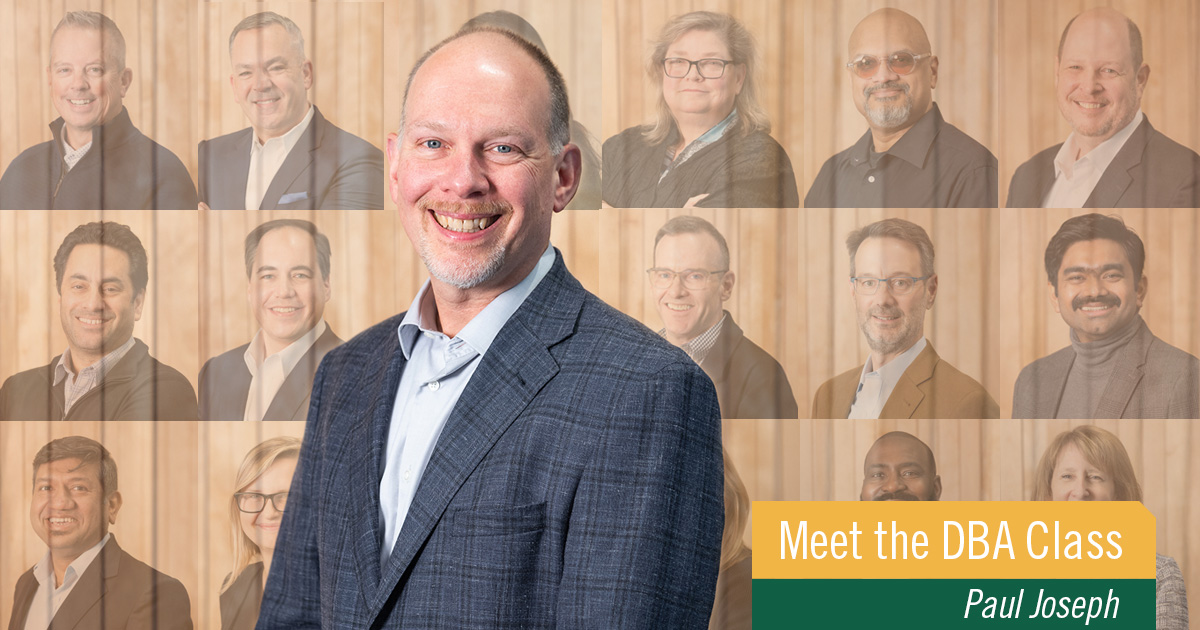5 Tips for International Students Conducting a Job Search in the USA

It’s no secret—international students face difficulties when running a job search in the USA.
Between negotiating visa sponsorships and navigating cultural differences, multiple considerations complicate the process.
But, with the right preparation, networking, and skill development, it is possible to find a job in the United States.
At Babson College, dedicated advisors in the centers for career development (CCD) offices partner with international students to develop job-search strategies. Like Lily Awad, senior associate director and global advisor on Babson’s Graduate CCD team, who supports international full-time students through specialized career development that provides acculturation to the U.S. job-search process.
During Babson’s celebration of International Education Week, Awad organized a panel and networking event, a chance for current students to connect with and learn from international student alumni working in the Boston area.
“Any advice you can take from those who have been there done that is so helpful,” she told the crowd. “And, the advice that comes out of this panel is good advice, with multiple perspectives.”
The alumni panelists, spanning graduates from Babson’s undergraduate and graduate programs, shared their stories, expertise, and insights into the process—and gave tangible takeaways for students who attended.
Start Early (Your Career Office Can Help)
Don’t drag your feet or wait for an opportunity to come to you. The path to landing a job after graduation requires a lot of work up front, so get started early. One way to do that: engaging with your career advisor.
Career offices offer everything from interview preparation to résumé critiquing to job-search strategy development. But, if you’re not seeking out the resource, you aren’t benefiting from it.
“I was engaged with CCD right from the beginning, asking for help with my résumé,” said Oriana Matheus MBA’18. Originally from Venezuela, she’s now a business development manager at think-cell Software. “Working with CCD was also critical in helping me develop the confidence to approach people to make connections.”
Build Up to a Job Search in the USA
So much of finding a job is about marketing yourself. Ask yourself: where should you focus your studies? What leadership positions should you take on? What activities should you stay engaged in?
Rushabh Sheth MBA’17 is a senior product associate at Wayfair. As an MBA student at Babson, he discovered his passion—and aligned his courses and activities accordingly. “I fell in love with analytics,” he said. “I consumed analytics across several verticals, and those courses set me up with what I needed to get a job.”
He became president of Babson’s business analytics club and coordinated a hackathon. The connections established during that hackathon helped him land his current role at Wayfair.
Matheus found that the résumé she had built—and effectively communicated on LinkedIn—ultimately helped recruiters find her. Between an internship at a startup, where she did everything from business development to app design, to a graduate assistantship at Babson’s Women Innovating Now Lab®, she built an impressive list of skills and experiences that ultimately helped her with her job search in the USA.
Network, Network, Network
That brings us to another important lesson: build an international business network.
“You need to have experience, and you need to network,” advised Ozzie Billimoria ’11, communications manager at MACOM. “If you have a good network but no experience, you won’t stand out come interview time. But, if you have a good experience but no network, how will you get yourself out there?”
Being ready to network at any given time is a strategy that ultimately helped land his current role. And, all it takes, he said, is one person. “I was at an event very much like this, and I brought a folder with my résumés. I handed it out to someone, they called me back, and I’ve been at MACOM for nine years.”
Cast a Wide Net
When carrying out a job search in the U.S., don’t impose unnecessary limits on yourself or the scope of possibilities.
“My internship search started very narrow, but once I started casting my net wider, it was easier for me to find relevant roles,” said Billimoria. “So, don’t limit yourself. There are plenty of jobs out there. Keep that in mind.”
Educate Employers
Yes, some employers will explicitly state they don’t sponsor visas for international applicants. But, for the ones that don’t, take whatever opportunity you can to educate them on the process—and make it easier for them should they elect to hire you.
“I sent my company an explanation of the visa process,” said Matheus. “It was an overview of my situation, the types of visas I could get, the steps necessary to get them, the timeline. With that in hand they felt so much more confident, and that’s why they went for it.”
At Babson, resources are available for students who need assistance educating employers, or learning more about the process themselves. Immigration attorneys regularly visit campus to connect and consult with students. It’s just a matter of knowing the resources available and taking advantage of them (and, by the way—CCD can help).
Posted in Community



